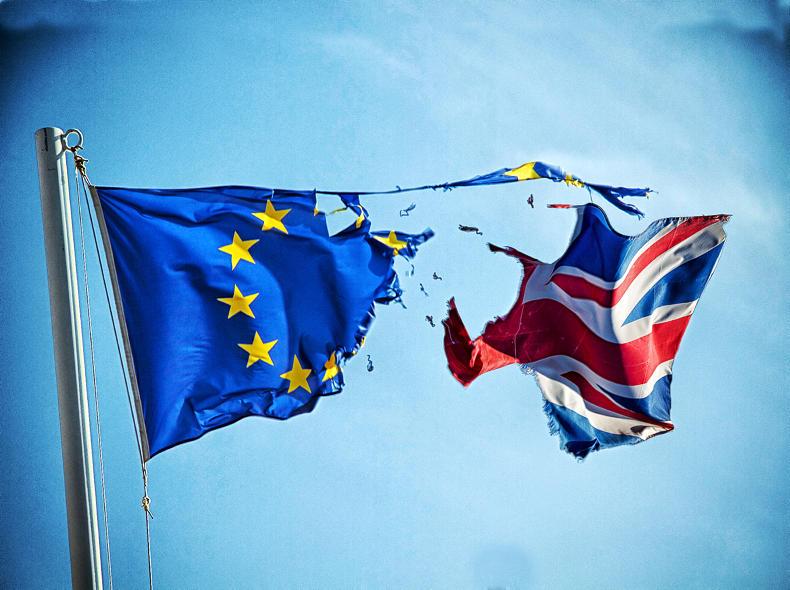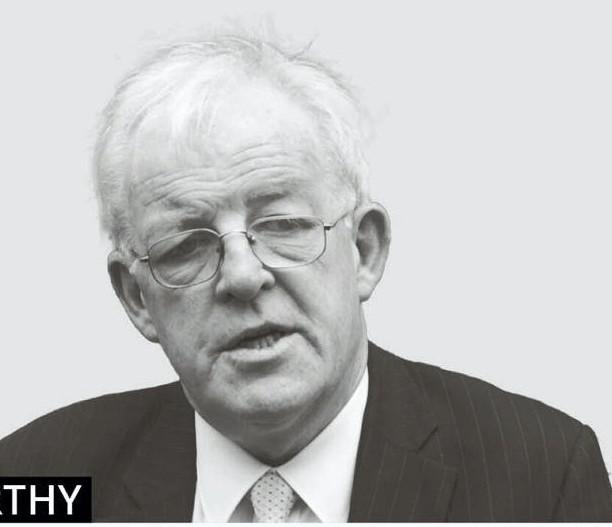There is a tendency in Ireland to cheer on the cause of Scottish independence, whether based on Celtic fellow-feeling or a residual Anglophobia. The announcement on Monday from Scotland’s first minister, Nicola Sturgeon, that she will seek an early re-run of the 2014 referendum is however unwelcome, since it complicates the already difficult situation created for this country by Brexit.
In September 2014, the Scots voted 55/45 in a high turnout to stay in the United Kingdom and there was general acceptance that the issue had been settled ‘‘for a generation’’. But the UK’s narrow vote to quit the European Union has changed all that. In the Scottish constituencies, the vote was 62% against Brexit and the Scottish National Party has predictably, and reasonably, argued that Scotland is being taken out of the EU against its wishes.
Sturgeon’s announcement envisaged a fresh referendum before the expected mid-2019 date for conclusion of the UK’s exit negotiations, perhaps as early as the autumn of 2018. There is no chance that Britain’s negotiations with the EU will be complete at that point and they will be highly contentious, so the timing could hardly be less helpful. Theresa May, a politician, accused Sturgeon, another politician, of ‘‘playing politics’’, which is a bit like Manchester United accusing Chelsea of ‘‘playing football’’. The UK government will not oppose a second referendum but will seek to defer the poll beyond the execution date for Brexit. Sturgeon has found a nice each-way bet for Cheltenham week, securing either a referendum or a grievance.
It appears to be infeasible for Scotland to vote itself into the EU before the UK leaves, so Scotland will be out for a period regardless. There is no available procedure for regions of a member state to detach themselves while retaining EU status, since membership is the political property of the state from which they have chosen to separate. If there is another referendum and the nationalists win, Scotland could end up outside the UK, outside the EU and in the queue, behind Macedonia and Serbia, as applicants-from-scratch for EU admission.
Path to independence
Whether an attractive path to independence can be navigated is a matter for the Scots: for now, it is clear that they will probably be granted a second referendum at some point over the next few years and the nationalists could win. The latest opinion poll in Scotland puts the likely result at 50:50.
This latest twist in the Brexit story is not good news for the Irish Government. It is in Ireland’s interests, as the Taoiseach argued in his Mansion House speech a few weeks ago, to support as gentle a separation as possible of the UK from the EU, and not just because of the NI dimension. Nobody should fail to understand that a hard border at Holyhead would be more troublesome than a hard border at Newry: trade and passenger traffic with mainland Britain exceeds cross-border volumes by a large margin.
A gentle separation of all of the UK from the EU is the best outcome for Ireland, preserving east-west as well as north-south trade and traffic access.
The Government has succeeded in persuading European politicians about the desirability of a soft border between the two parts of Ireland and there have been supportive statements from various important players. But the UK government will now be cautious in pursuing its ‘‘soft border’’ commitment, since there is a new cost: success in attaining a soft border within Ireland sets a precedent for Scottish separation. The nationalists would like to be able to claim that an independent Scotland, inside the EU, would not face a reconstruction of Hadrian’s Wall on the border with England, its main trading partner. A precedent in Ireland would present a campaigning weapon to the separatists whenever the referendum comes round. There will be reservations on the European side anyway, since the Spanish government will not be keen to encourage separatist ambitions in Catalonia. Achieving a soft border in Ireland just got harder.
The full ramifications of the constitutional crisis in the UK brought on by David Cameron’s gamble last June are coming into view. There have already been calls for an early border poll in NI, resisted by both the Irish and UK governments. The likelihood of a new referendum in Scotland will encourage those seeking such a poll, although they must know that they have little prospect of success. The pro-EU Welsh nationalist party, Plaid Cymru, has also been hinting at a no-hope independence poll in Wales, which voted Leave. Back in the 1970s, the Sex Pistols had a hit which went ‘‘Anarchy in the UK, It’s coming sometime and maybe...’’









SHARING OPTIONS